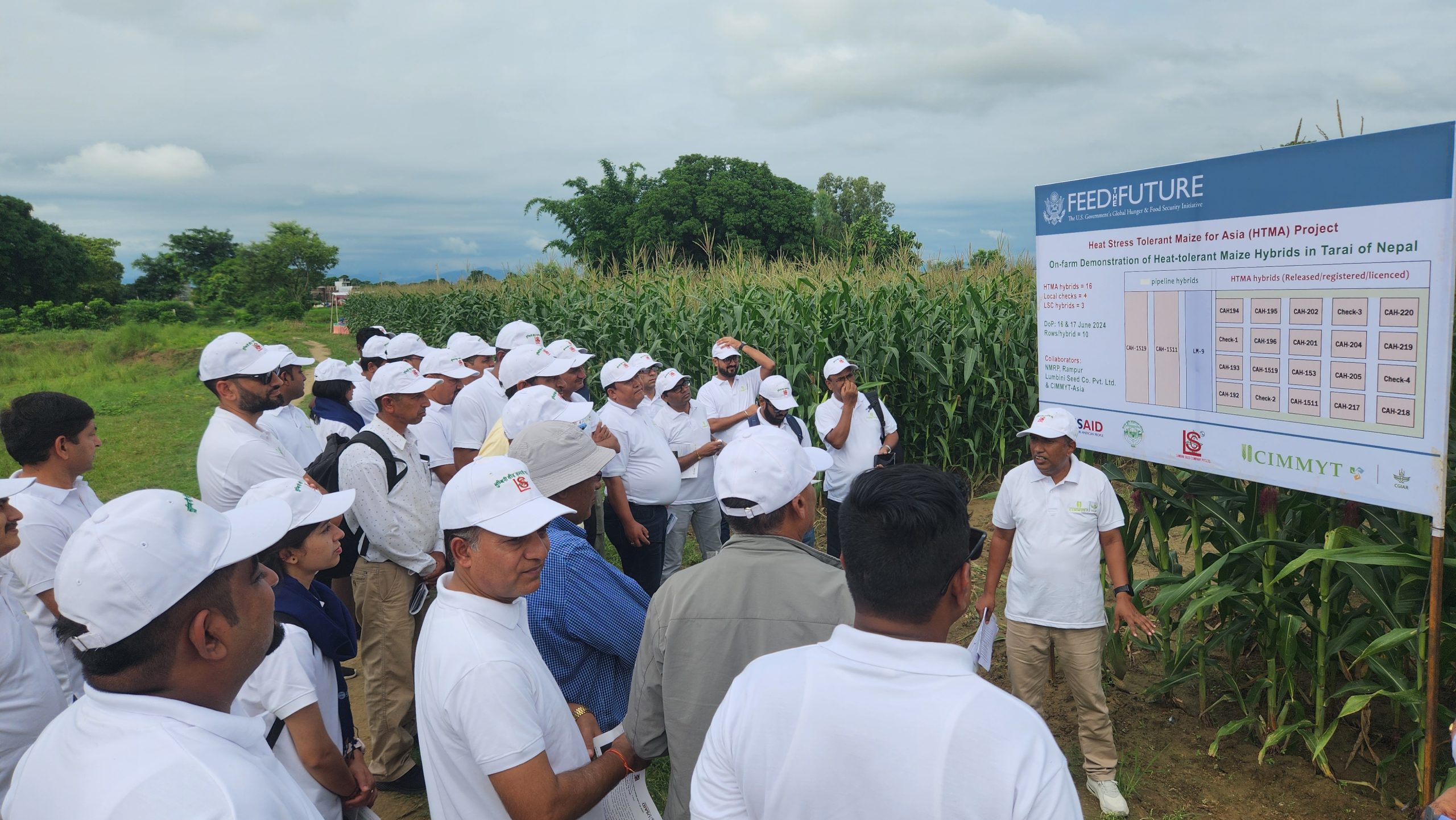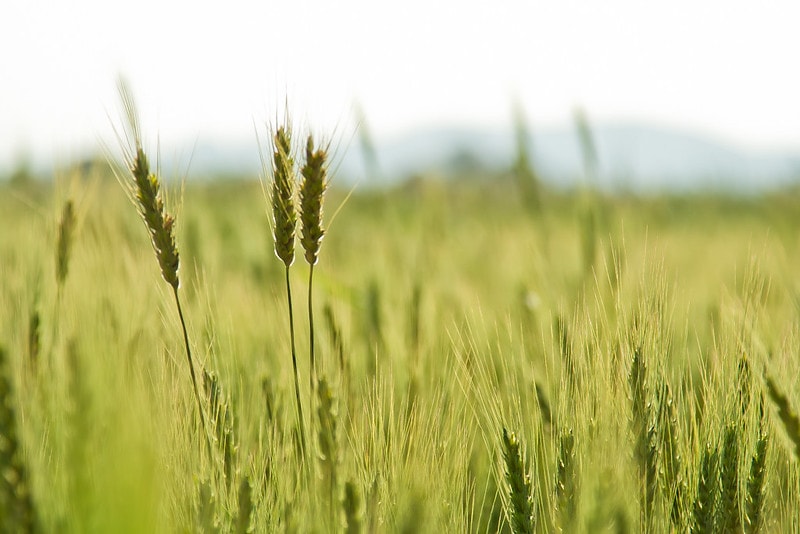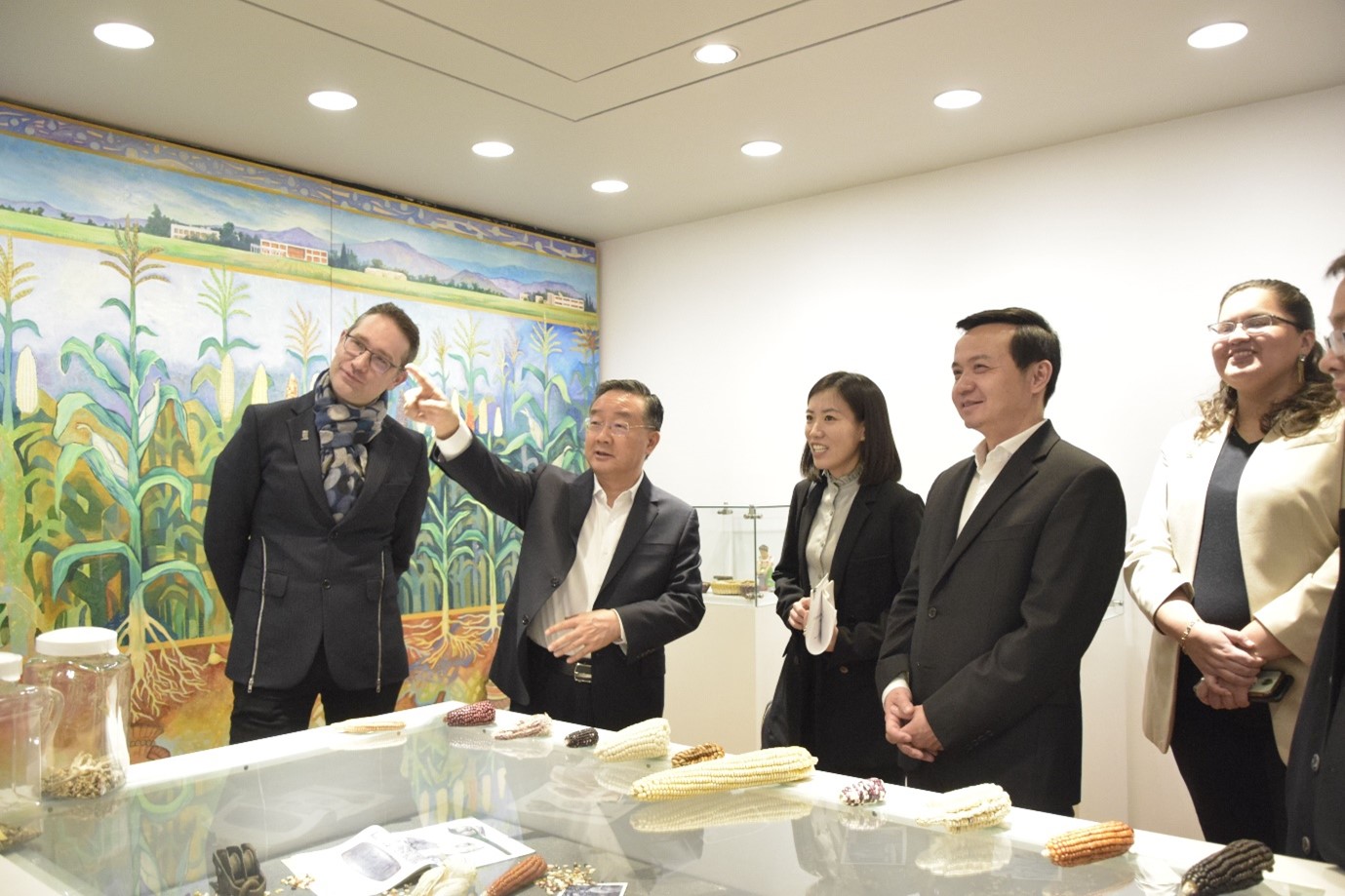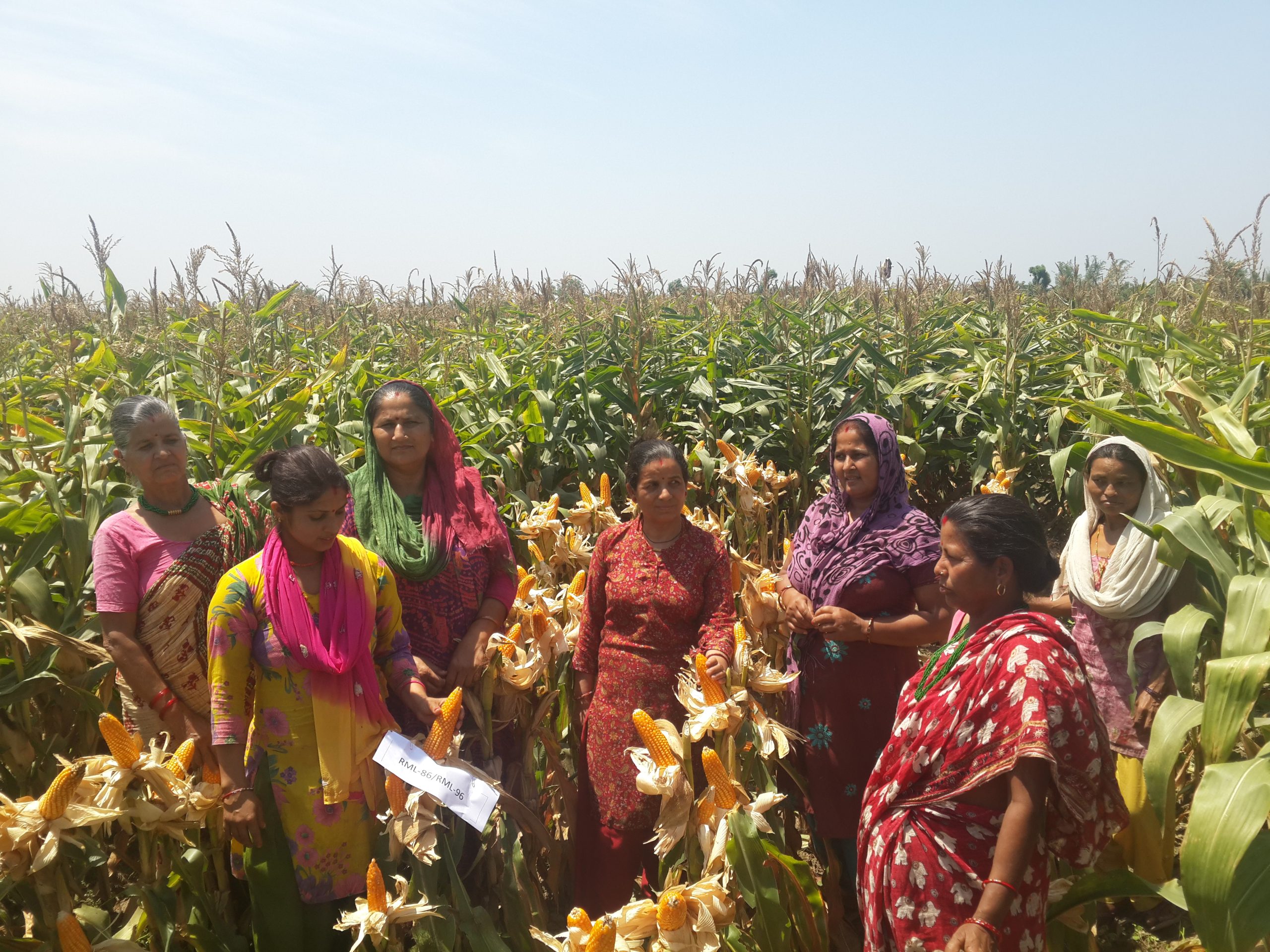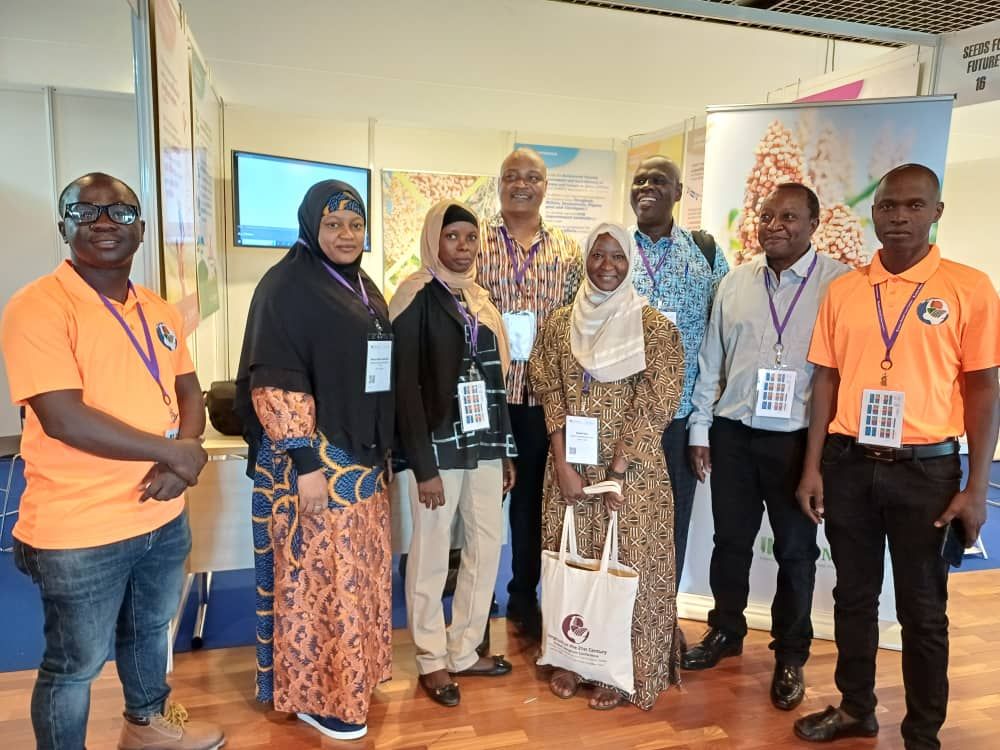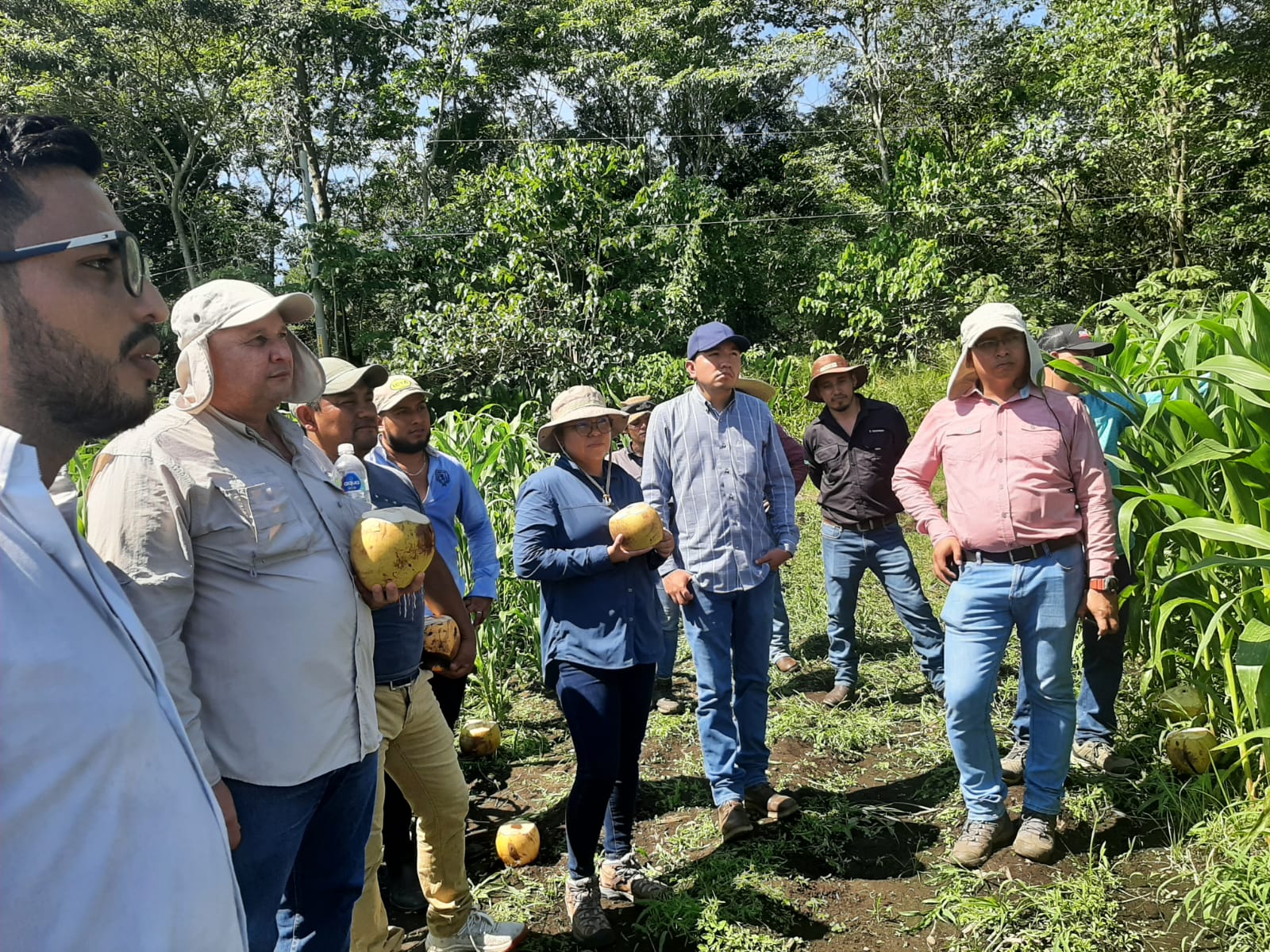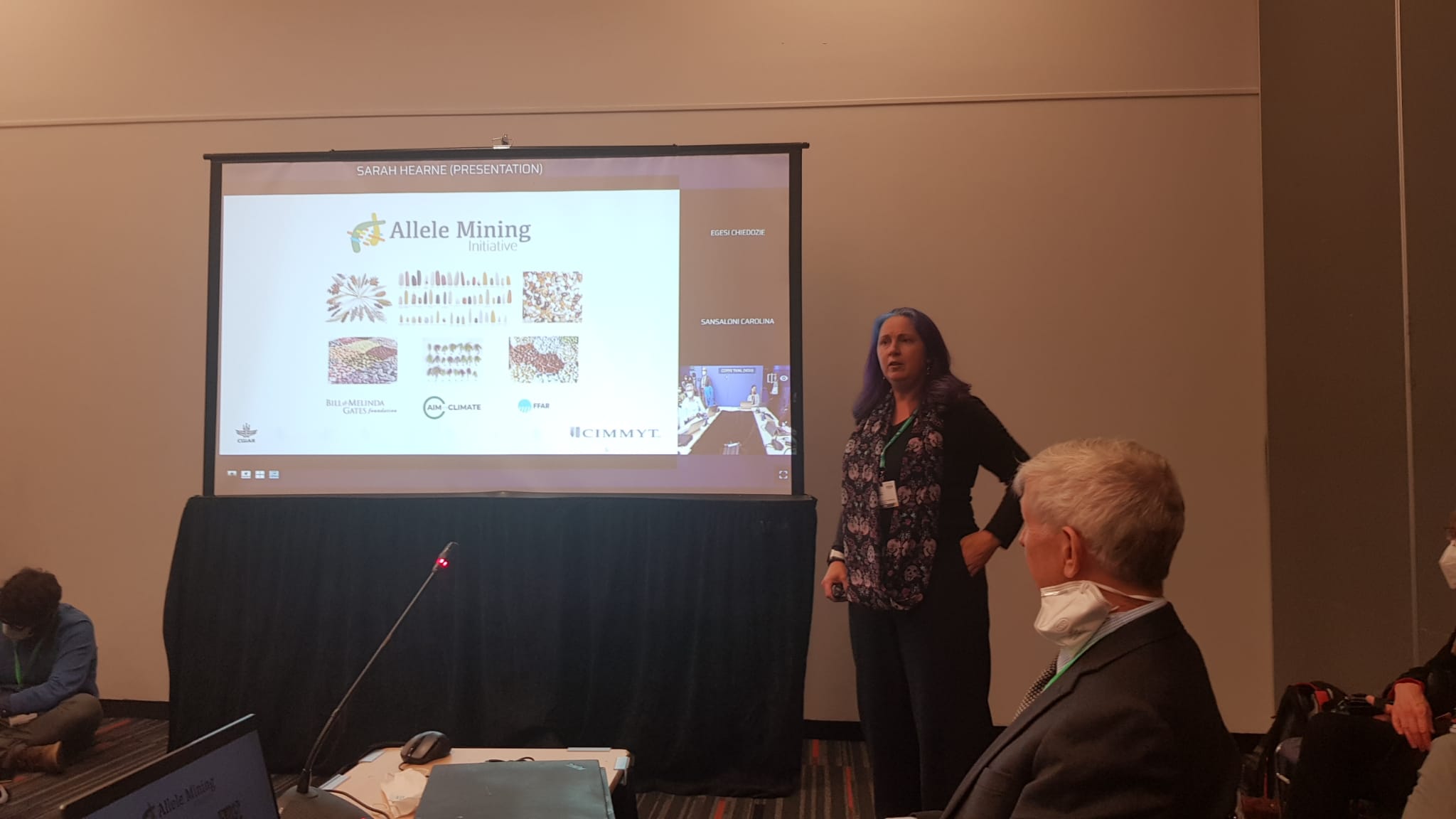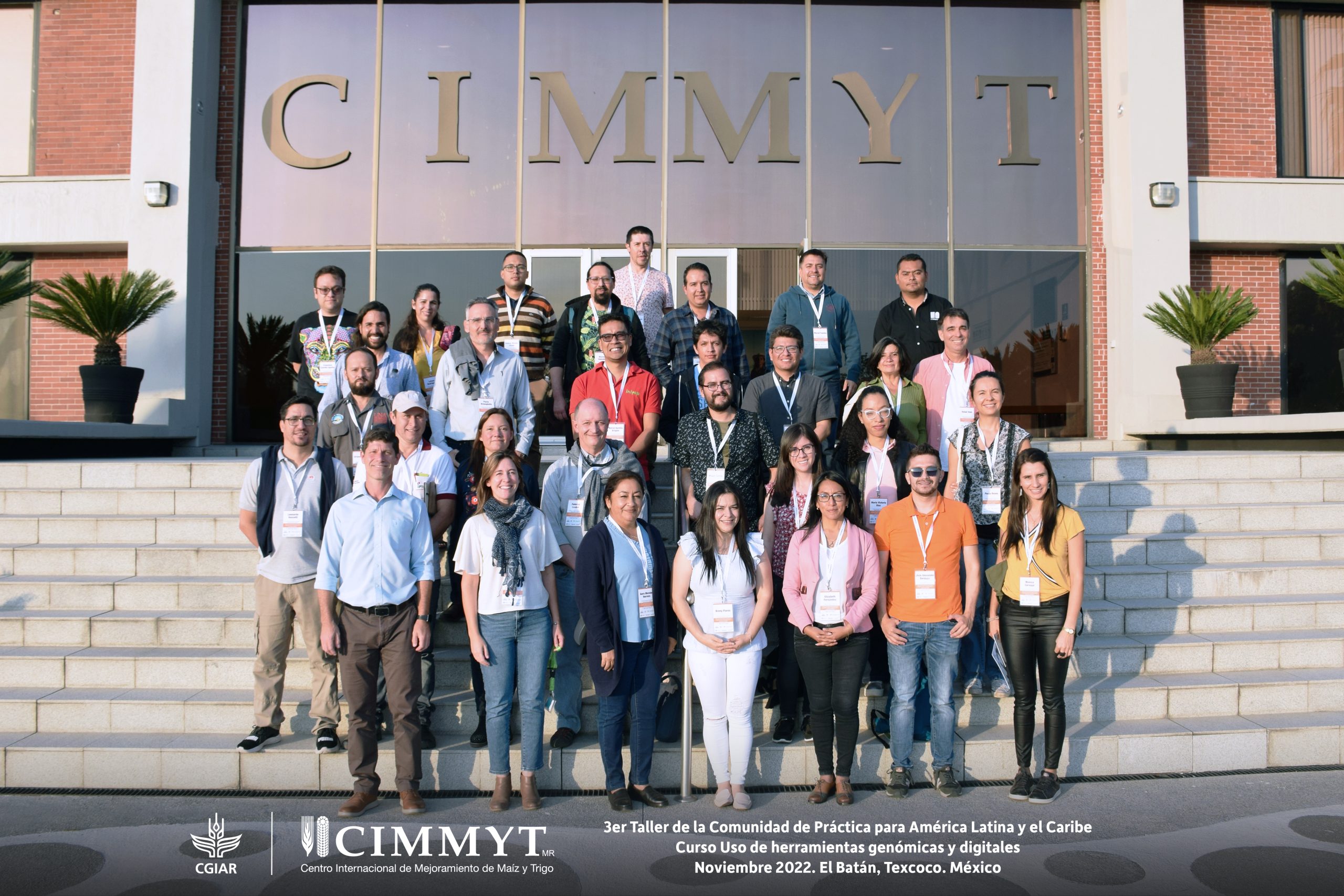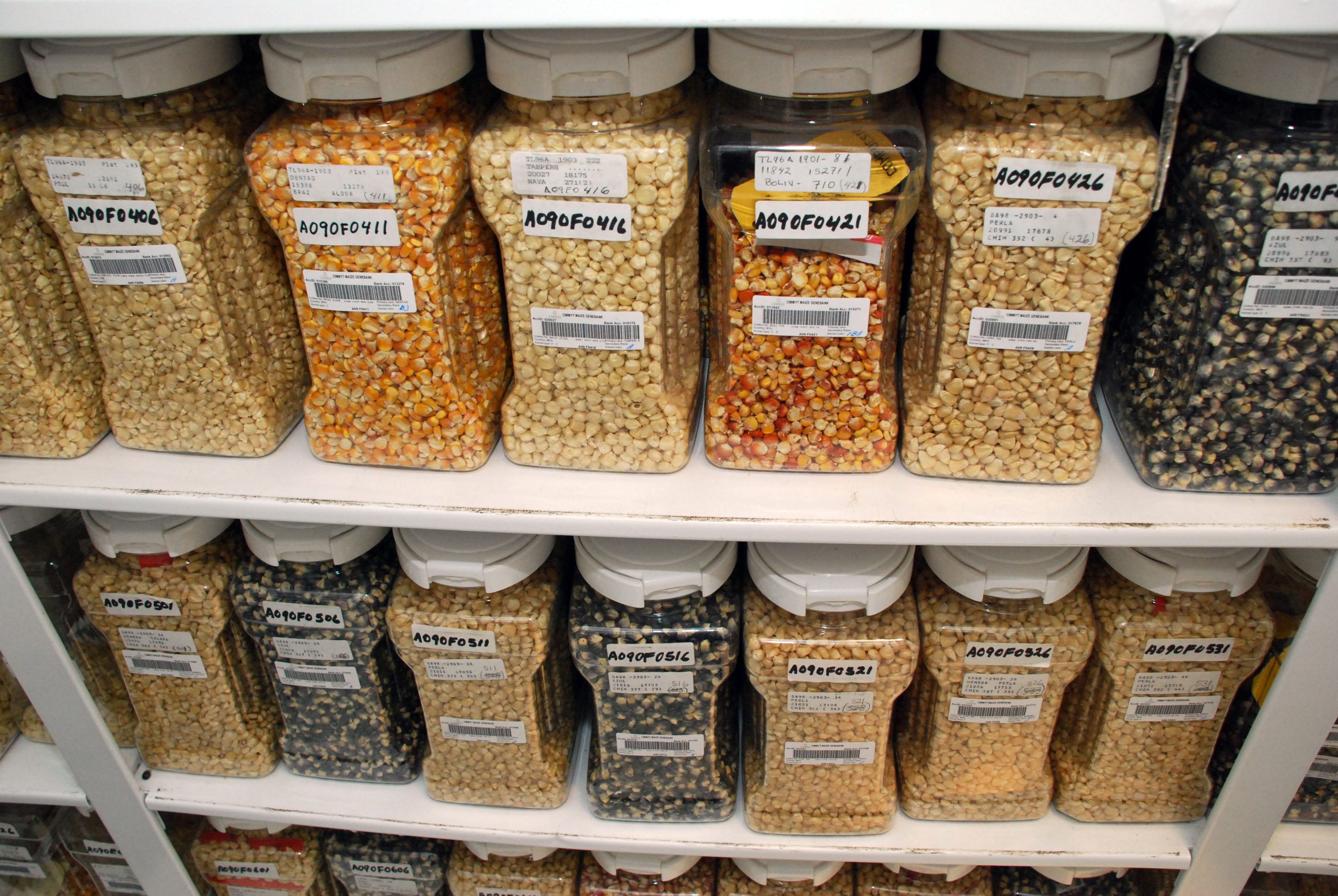germplasm
Fungal Resistance in Wheat: Biodiversity & Food Security
 Environmental health and biodiversity
Environmental health and biodiversity
Source: Time News ()
Researchers identified rust-resistant genes in traditional wheat, aided by CIMMYT’s biodiversity efforts
Seeds to beat the heat in lowland tropics
Partners in South Asia commend HTMA project’s success in the wake of climate change
MARA-CIMMYT Joint Laboratory hosts CGIAR delegation
 Environmental health and biodiversity
Environmental health and biodiversity
The MARA-CIMMYT Joint Laboratory, hosted by Chinese Academy of Agricultural Sciences (CAAS), welcomed a delegation of CGIAR directors on genetic innovation and resources.
Enhancing wheat breeding efficiency in South Asia through early germplasm access
 Environmental health and biodiversity
Environmental health and biodiversity
Success stories witnessed in India, Pakistan, and Nepal underscore the transformative potential of this approach, offering a beacon of hope for agricultural communities in South Asia and beyond.
Building on fifty years of collaboration, a visit by Chinese politicians to CIMMYT in Mexico breeds new opportunities for tackling global agricultural challenges
 Innovations
Innovations
Building on fifty years of collaboration, a visit by Chinese politicians to CIMMYT in Mexico breeds new opportunities for tackling global agricultural challenges.
Heat tolerant maize hybrids: a pursuit to strengthen food security in South Asia
 Climate adaptation and mitigation
Climate adaptation and mitigation
CIMMYT’s systematic and targeted breeding strategy in South Asia helped develop 20 high yielding and heat-stress tolerant maize hybrids. The ongoing efforts strengthens the livelihood of farm families who are highly vulnerable to climate change in the Asian tropics.
China aids developing countries with agricultural science
 Innovations
Innovations
Source: ChinaDaily ()
CIMMYT, in collaboration with China, plays a critical role in the global initiative for germ plasm sharing.
Canola’s opportunities abound as breeding, uses advance: IRC
 Climate adaptation and mitigation
Climate adaptation and mitigation
Source: Grain Central (26 Sep 2023)
Breeding and seed technology is an important part of the partnerships that will continue to foster thriving markets.
Unveiling the potential of sorghum to shape sustainable agriculture
 Environmental health and biodiversity
Environmental health and biodiversity
Sorghum Conference brought together researchers, scientists and experts from around the world.
China, Pakistan launched joint wheat breeding lab
 Capacity development
Capacity development
Source: Gwadar Pro (7 Mar 2023)
A joint lab for molecular breeding wheat research launches, with investment from China, Pakistan and CIMMYT.
Building capacities in genetic resources and seed production strengthens collaboration ties between Guatemala and CIMMYT
 Capacity development
Capacity development
More than 20 participants attended the genetic resources and seed production courses delivered by CIMMYT scientists in Antigua, Guatemala.
The importance of germplasm in protecting nature
 Climate adaptation and mitigation
Climate adaptation and mitigation
At COP15, CIMMYT scientists highlighted the significance of DSI in conserving, exploring, and utilizing biodiversity as part of efforts to sustainably nourish the global population in a nature positive manner.
CIMMYT hosts third workshop of the Community of Practice for Latin America and the Caribbean
 Environmental health and biodiversity
Environmental health and biodiversity
Colleagues from across Latin America and the Caribbean gather to determine the best ways to preserve germplasm and make use of genetic resources.
Feature: Reciprocal cooperation between China, int’l agricultural research agency safeguards food security
 Nutrition, health and food security
Nutrition, health and food security
Source: Xinhua News (23 Nov 2022)
Four decades of partnership between China and CIMMYT is supporting global efforts to achieve food security.
FFAR’s food security webinar at COP27 highlights need for genebank collection diversity research
 Climate adaptation and mitigation
Climate adaptation and mitigation
Register for an online webinar as part of COP27 to learn about the role of genebanks in building climate-resilient supply chains.

